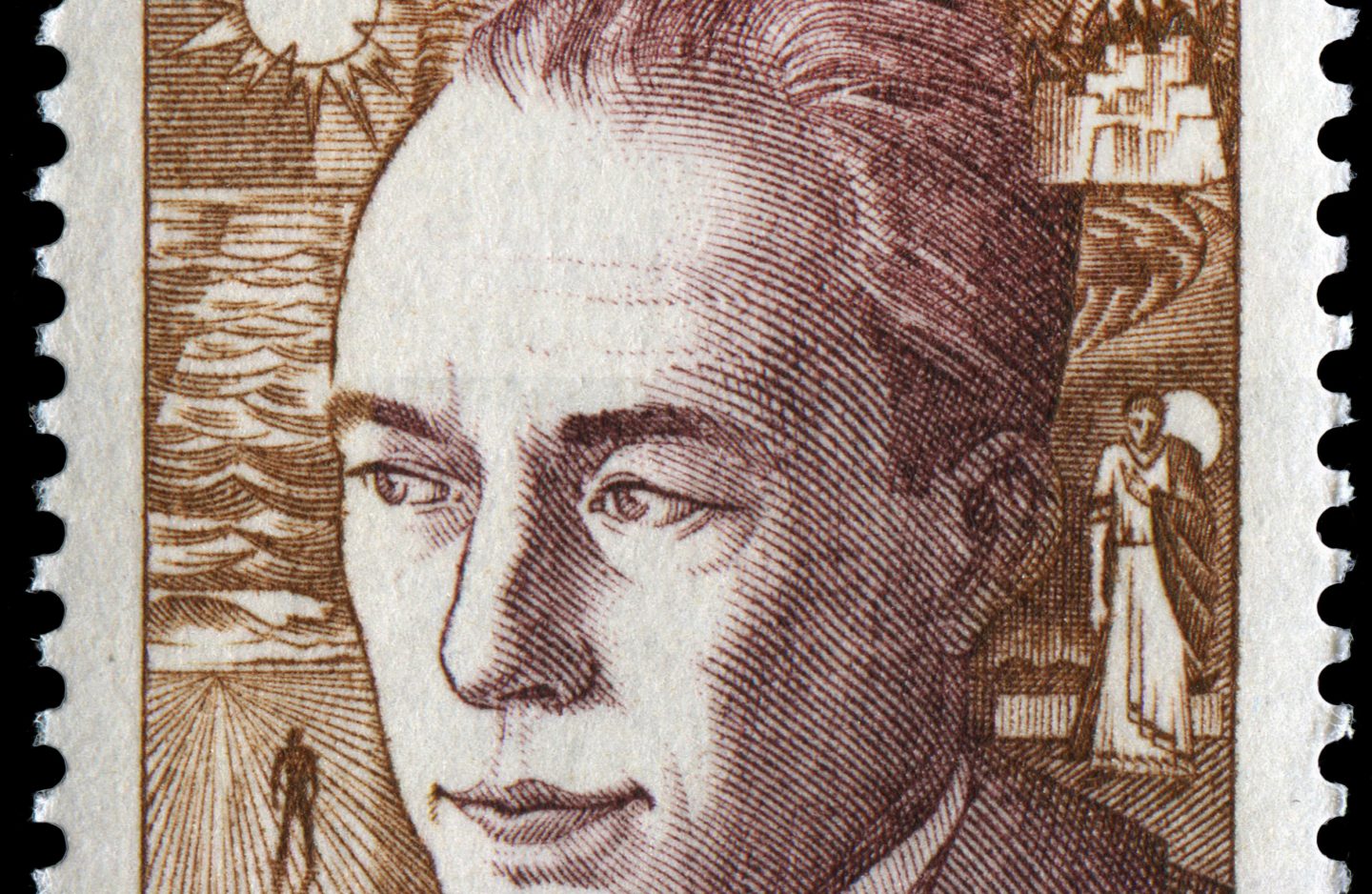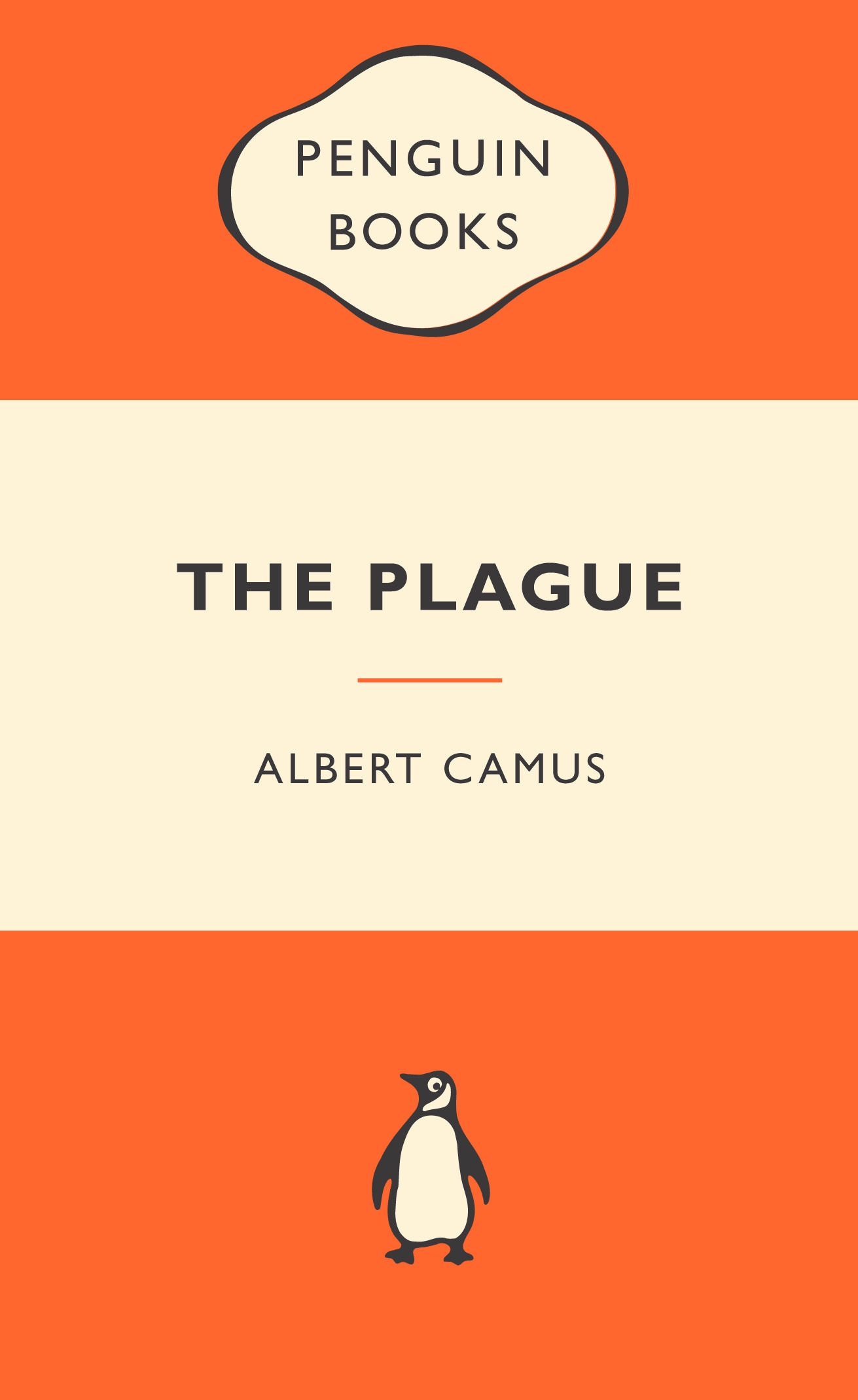Modern Times:
Camus’ historic rhyming

What can Albert Camus’ 1947 novel The Plague tell us about this particular moment?
To survive the present situation, it is important to make yourself believe these circumstances are normal. They may not have been before. But will be soon. Distance, confinement, isolation, reliance on technology. If we accept present circumstances to be normal, it will be easier to endure.
The pathway to the present condition would not have shocked those familiar with the work of Albert Camus, to whom the first phases would no doubt have had a dreamlike quality, simultaneously fantastic and vaguely familiar.
Camus invited history to be our muse, reflecting that “there have been as many plagues as wars in history; yet always plagues and wars take people equally by surprise”. A longer view of history suggests the present circumstances are neither unprecedented, nor entirely surprising.
The Plague, first published in 1947, set in the Algerian city of Oran, is a poor, remote translation for global events unfolding today. The novel is set in the 1940s but understood to be based on the cholera epidemic that decimated Oran in 1849.
History may rhyme, but the brilliance of The Plague is in its exploration of the human dimensions of the experience. The reaction of modern authorities, of citizens, of the collective, are faint echoes of Camus’ work of historic fiction. The Plague is a reflection on the human condition that, for the best part of a century, only appears to have advanced at a crawl.
“It was hard,” Camus wrote in The Plague, “to find in these notices any indication that the authorities were facing this situation squarely.” At the time of writing, the advance of the modern pandemic in Australia appears to have been slowed. Nonetheless, the initial response of our elected leaders was, in retrospect, disconcerting.
Compliments may ultimately be due, but history will judge poorly the first public statements relating to the virus that now confines us to our homes. Our political discourse has, for a generation, been shaped by economistic language and leaders are defined by their contribution to economic performance.

Are modern governments psychologically and professionally fit to deal with matters that sit outside the perceived core business of economic management? Were they ever?
Are modern governments psychologically and professionally fit to deal with matters that sit outside the perceived core business of economic management? Were they ever? Recent events, with bushfires that have melted into pandemics, suggest not.
This is not unique to the current generation of political leaders. “For the most part,” Camus narrates, “they were men with well-defined and sound ideas concerning exports, banking, the food and wine trade… But as regards plague their competence was practically nil.” Mercifully, our leaders stand alongside experts in the field.
Within a short period, our politicians rectified initial hesitation regarding the seriousness of the situation and acted with increasing urgency. Borders were closed, businesses condemned, and the majority confined to their homes. Suddenly, social solidarity was imposed upon us.
Camus imagined how “… once the town gates were shut, every one of us realised that all, the narrator included, were, so to speak, on the same boat, and each of us would have to adapt himself to the new conditions of life”. We now remain in our homes, equal in our isolation, alone in our respective worlds.
But this was not how was imagined events might unfold at first. Initial shock at the gravity of the situation dissipated. Escalation occurred with remarkable speed. The ridiculous quickly became reality. Though we may feel the worst has been avoided, the heroism of those at the front line should be remembered irrespective of the ultimate magnitude of tragedy.
“What’s true of all the evils in the world is true of plague as well. It helps men to rise above themselves,” says Camus. Nurses, doctors, teachers and childcare workers have been obliged to work under dangerous and uncertain circumstances. Many struggle daily with anxiety and fear.
Camus described how the “…element of abstraction, of a divorce from reality, entered into such calamities”. But not everyone can manage this feat. Irrespective of whether this war ends sooner or later, we should not forget their service. The gates of the town will one day reopen, but memory of such trauma tends to endure.